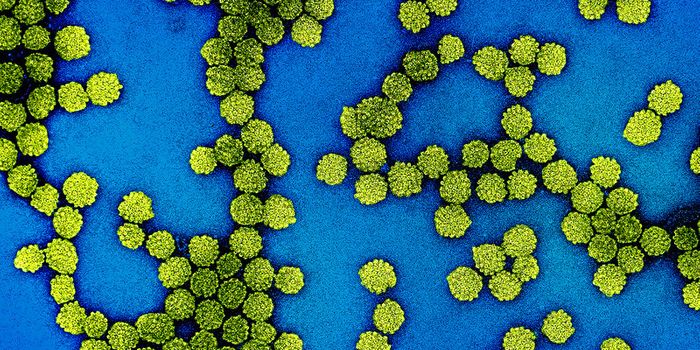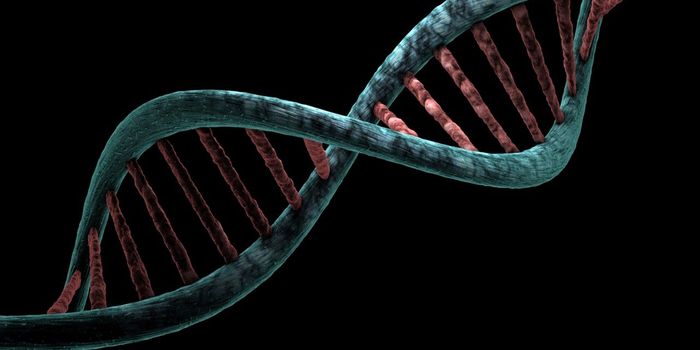Race May Play a Role in Stress-driven Alterations in Anti-Tumor Immunity
The interplay between stress and cancer has become an important component of cancer research. Broadly defined as an experience held when under mental, physical, or emotional pressure, stress can arise from various sources. Day-to-day responsibilities, work, family, finances, discrimination and inequities, and even exposure to environmental conditions can cause stress.
When one faces any stress stimulus, also called a stressor, the body releases hormones, including epinephrine and norepinephrine, in response. The release of stress hormones has physiological consequences, like raising blood pressure, heart rate, and blood sugar levels. This reaction to stress has become known as a “flight-or-fight” response as, on an evolutionary basis, it helps a person act with either strength to fight off a threat or speed to escape a threat. Many studies suggest that stress, particularly chronic stress, can increase cancer risk, although typically through indirect relationships. For example, stress may cause behaviors such as excessive drinking or smoking, which can, in turn, lead to cancer.
Understanding precise mechanisms by which chronic stress impacts cancer incidence and progression could provide valuable insights to inform prevention, screening, and treatment modalities. To address these gaps in knowledge, a team of researchers set out to determine how chronic stress impacts cancer biology, the anti-tumor immune response, and racial disparities. The researcher team recently published their findings in JAMA Network.
The study utilized data collected between early 2012 and the fall of 2023 from 121 women (about 46% Black and 54% White) with breast cancer. The researchers collected blood, breast tumor tissue, and non-tumor tissue from participants. Demographic and psychosocial data was collected using questionnaires. The researchers assessed perceived chronic stressors, including stress, inadequate social support, and racial/ethnic discrimination. In addition, the researchers used census data to determine each patient’s neighborhood deprivation index (NDI), a readout calculated using 13 measures that describe socioeconomic status where higher values indicate greater neighborhood deprivation.
The researchers found perceived stress consistent between Black and White women. Compared to White women, Black women more commonly lived in socioeconomically deprived neighborhoods. Overall, women who perceived having a social support system exhibited more favorable immune parameters, including increased activated natural killer (NK) immune cells.
Women expediting stress, including those reporting perceived stress, those with exposure to discrimination, and those with high NDI, more often experienced systemic inflammation and had an immune cell profile consistent with immunosuppression. In addition, the study shows that the tumors of women in the cohort experiencing stress had more aggressive tumors. Further, perceived stress correlated with tumor mutational burden (TMB), a factor that can help doctors predict the optimal treatment regimens for individual patients.
Overall, the study found that perceived stress, perceived inadequate social support, perceived racial and ethnic discrimination, and neighborhood deprivation can lead to unfavorable modifications to systemic immunity and the tumor microenvironment. The data also suggests that the connection between stress and poor anti-tumor immunity could be exacerbated in Black women. This enhanced understanding of stress-driven mechanisms of anti-tumor immunity will greatly inform prevention strategies and public health interventions, promoting new avenues for improved cancer prevention and treatment.
Sources: Nature Rev Cancer, Front Immunol, JAMA Network









